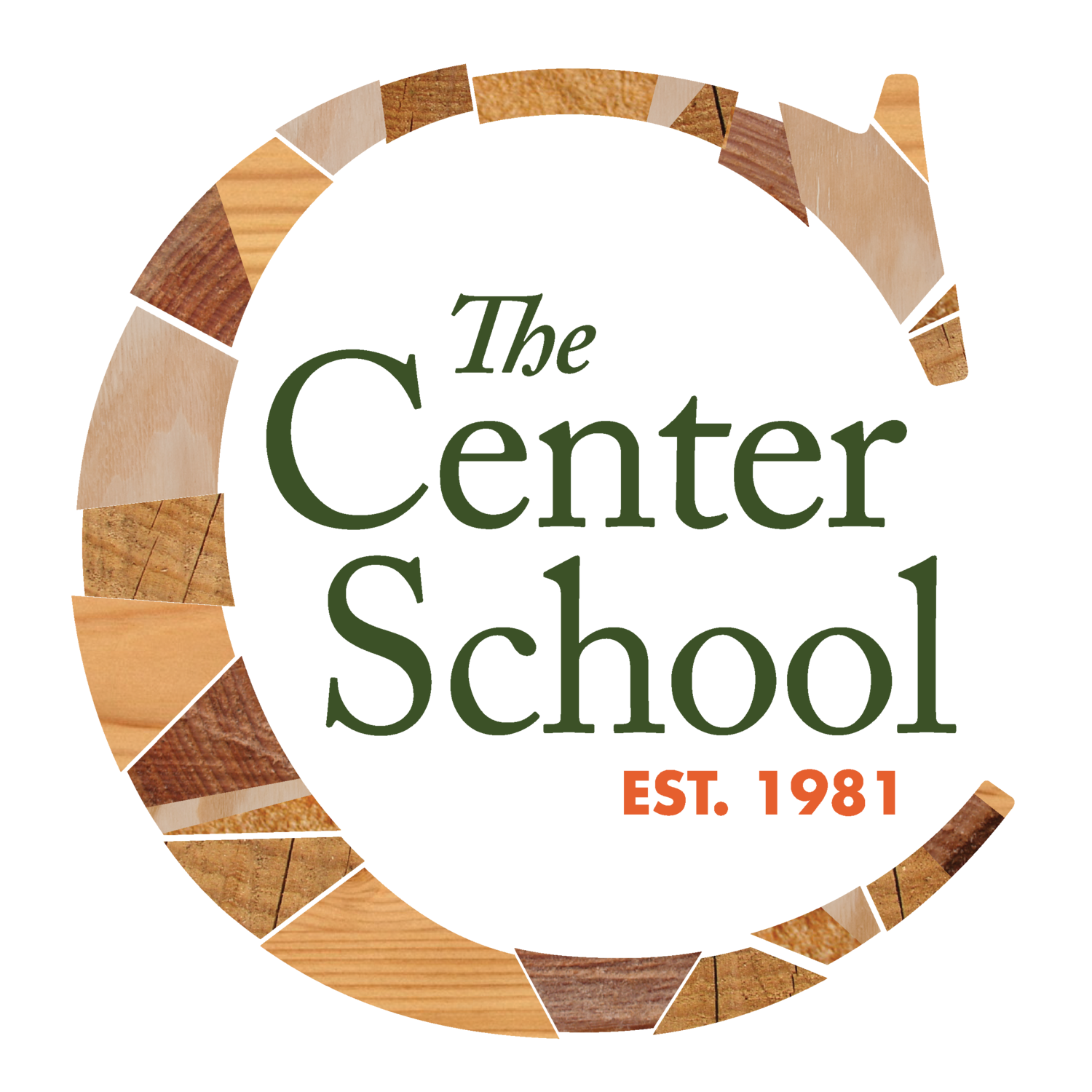Our Core Philosophies
Greenfield Center School has several core philosophies which combine to create our foundation. They are:
1. A Constructivist Approach to Education
The Center School’s constructivist approach to education is process-based, experiential and very much alive.
Learning occurs because students are active participants in the process of their own knowledge construction, as opposed to passive recipients. Teachers act as facilitators, with the critical goal of guiding the learner to become an effective thinker able to analyze, conceptualize and to build on prior experience to create new knowledge.
We acknowledge the uniqueness and complexity of each learner and seek to engage each student individually, based on their own exploration, thinking and reflection. Techniques employed include guided discovery, task-based learning and hands-on projects, all of which often include peer collaboration.
2. Honoring Learning Styles
Center School acknowledges and celebrates that children learn differently. Some are visual learners. Others are spatial learners, and so on. And each child has preferred ways of expressing their knowledge. We believe that it’s important for a teacher to determine how each student learns best and what their learning challenges are. From this informed place, it becomes easy to teach to students’ strengths and encourage an awareness of their relative ‘weaknesses’. These strengths are employed to communicate core content. Teachers allow children access to content through a variety of modalities- such as writing, debate, drawing, building and more. In addition to having choices, children need to be exposed to, challenged and guided in all skill areas thus achieving a balance of using what they know and improving in areas where they are less confident.
3. Social/Emotional Skills
We help children become more skilled social and emotional beings. The art of conversation is actively taught in all grades. Students learn how to communicate effectively and genuinely with peers and adults.
Center School teachers take notice of class-wide problems, tight cliques, and individual social-emotional issues and respond through coaching, dialogue and direct teaching.
4. A Social Justice Focus
We teach children how to be actively engaged in their world. Kindergartners think about these issues by exploring the connections between “me” and “my community.” By fifth grade, students are expanding their understanding of social justice by looking at inequity versus the strength of community.
By 7th/8th grade a good portion of the middle school curriculum directly fuses socio-political analysis with challenging academics. On a school-wide level, we are involved in local activism and volunteerism and these themes are integrated into our All School Meetings.



